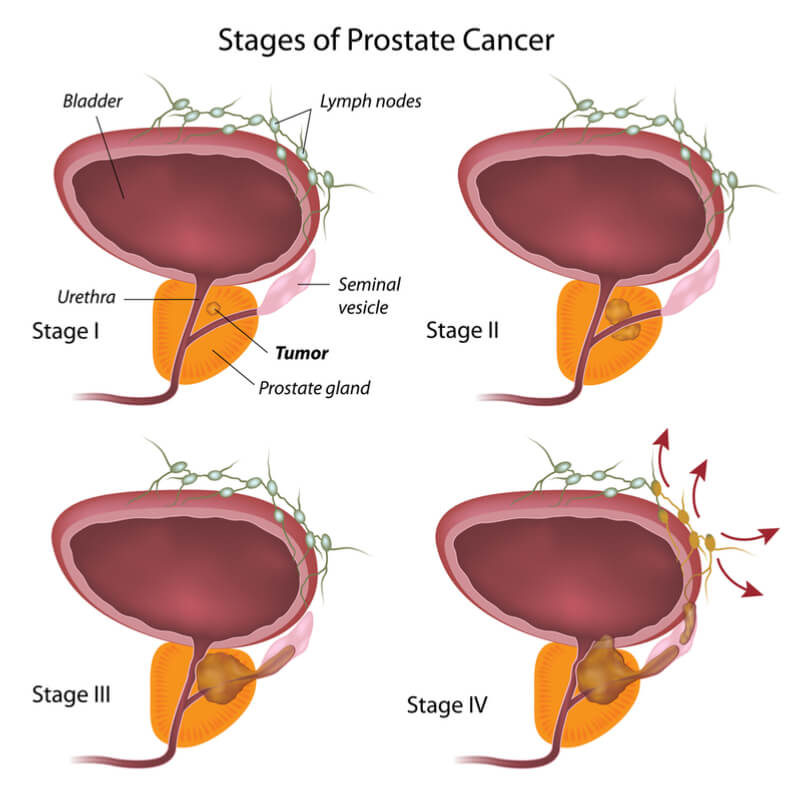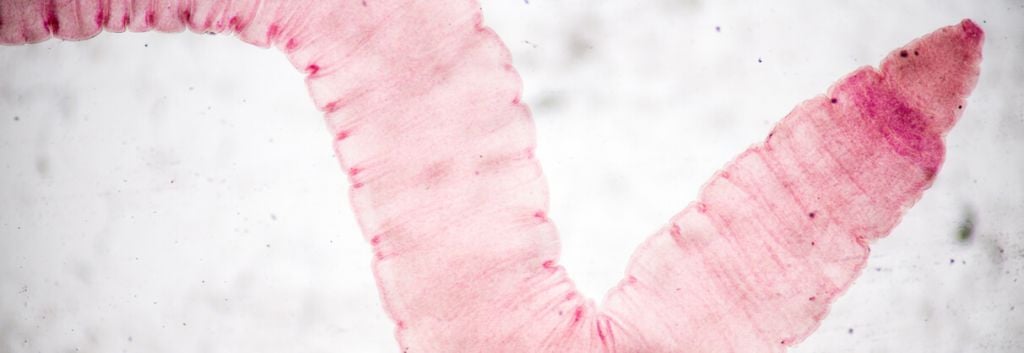Researchers in Norway have found that a drug used to kill parasites like tapeworms can slow the growth of prostate and colon cancer cells.
A group from the University of Bergen have been testing hundreds of drugs to see how they affect cancer cells. They have now found a drug taken to treat intestinal parasites, Giardia and tapeworms, which acts as a tailored medicine against prostate and colon cancer. A widely used anti-parasite drug, nitazoxanide (NTZ), is able to break down a protein called beta-catenin, which is found at high levels in prostate and colon cancer cells and supports their growth and survival. This opens up the possibility of repurposing the drug for the treatment of these cancers.
Prostate cancer is the most common cancer in men in the UK, with over 40,000 cases diagnosed each year. The prostate is a small gland located in the pelvis that is only found in men. It tends to be around the size of a walnut but grows with age. The disease develops slowly, so symptoms tend not to appear for a number of years. When they do, symptoms include an increased need to go to urinate, difficulty urinating and a feeling that the bladder is not completely empty.
The researchers found that NTZ could stop the growth of cancer cells by decomposing beta-catenin, which was observed to be present at high levels in colon and prostate cancers. Activation of this protein allows cells to divide quickly and makes them more resistant. By breaking down the protein, NTZ slows cancer growth and makes the cells more vulnerable to treatment, as well as stimulating the immune system to attack.

The repurposing of drugs comes with a number of benefits, but also has its drawbacks. A repurposed drug has already proved itself to be safe for use, as was the case for metformin, which had been used for many years for diabetes and was repurposed for breast cancer. But, many other efforts to repurpose drugs have failed for a number of reasons including a lack of efficacy in its new application. Difficulties securing a patent can lead to low financial reward and complications over IP, preventing repurposing from ever getting off of the ground.
If the group decide to pursue the repurposing of NTZ, it will come up against a number of companies in the prostate cancer field. TROD Medical has developed a device for focal ablation – the use of a laser to destroy cancer cells, Nanobiotix enhances radiotherapy with its NanoXray technology and CureVac is using mRNA.
With both prostate and colon cancers being two of the deadliest cancers, it may be worth pursuing the use of NTZ for their treatment – especially considering the favorable starting point that it is in and the good track record of repurposed drugs in the cancer field.
Images – Rattiya Thongdumhyu / shutterstock.com;





